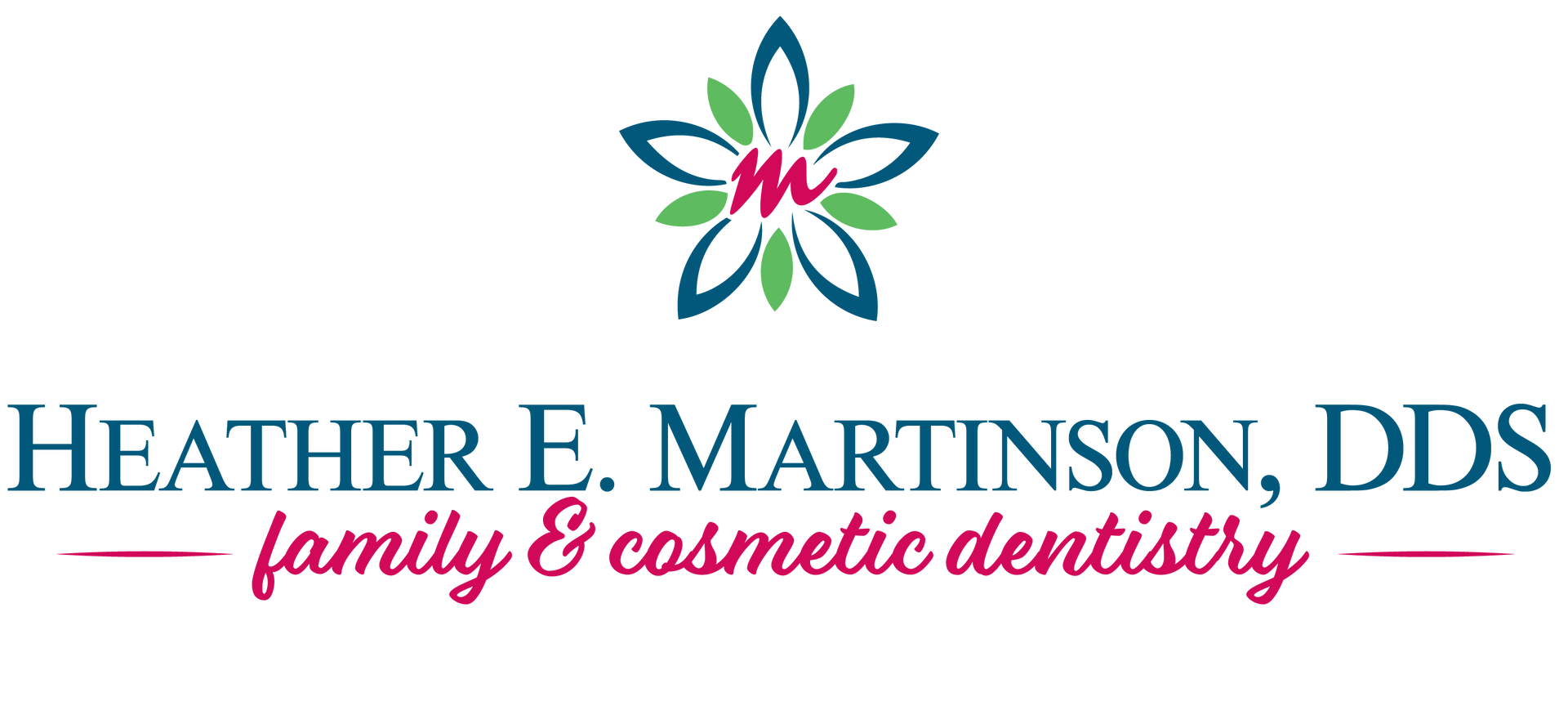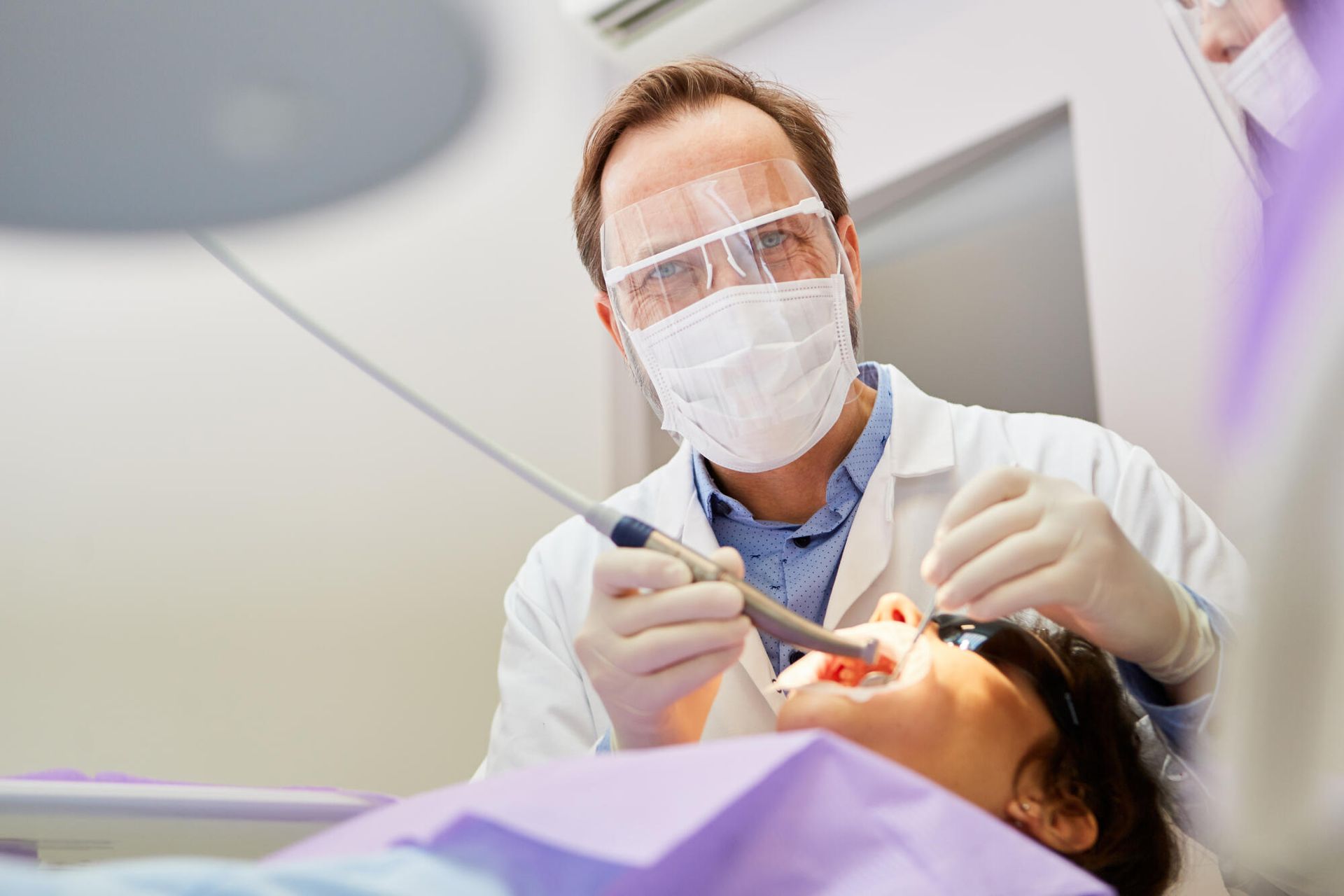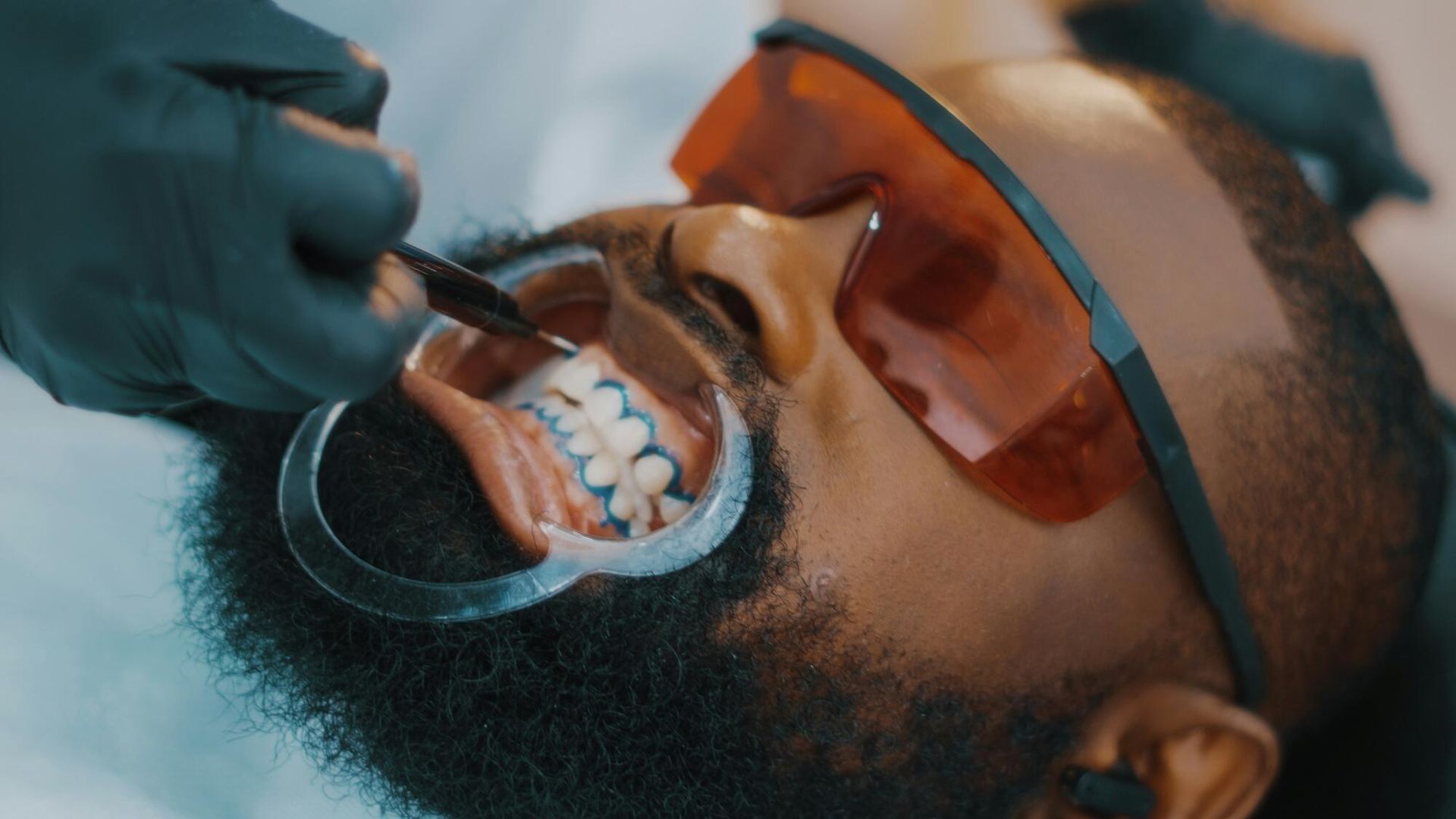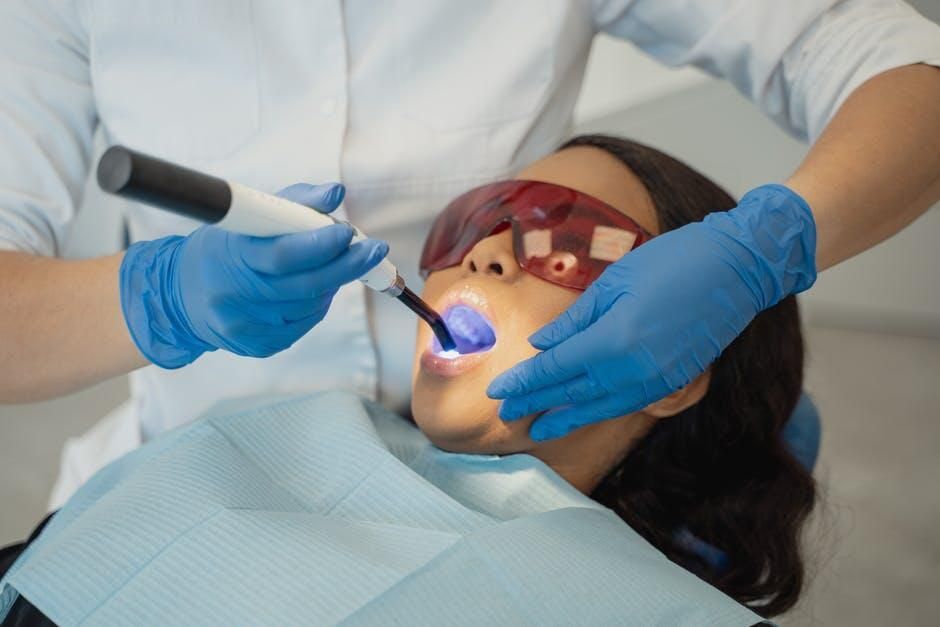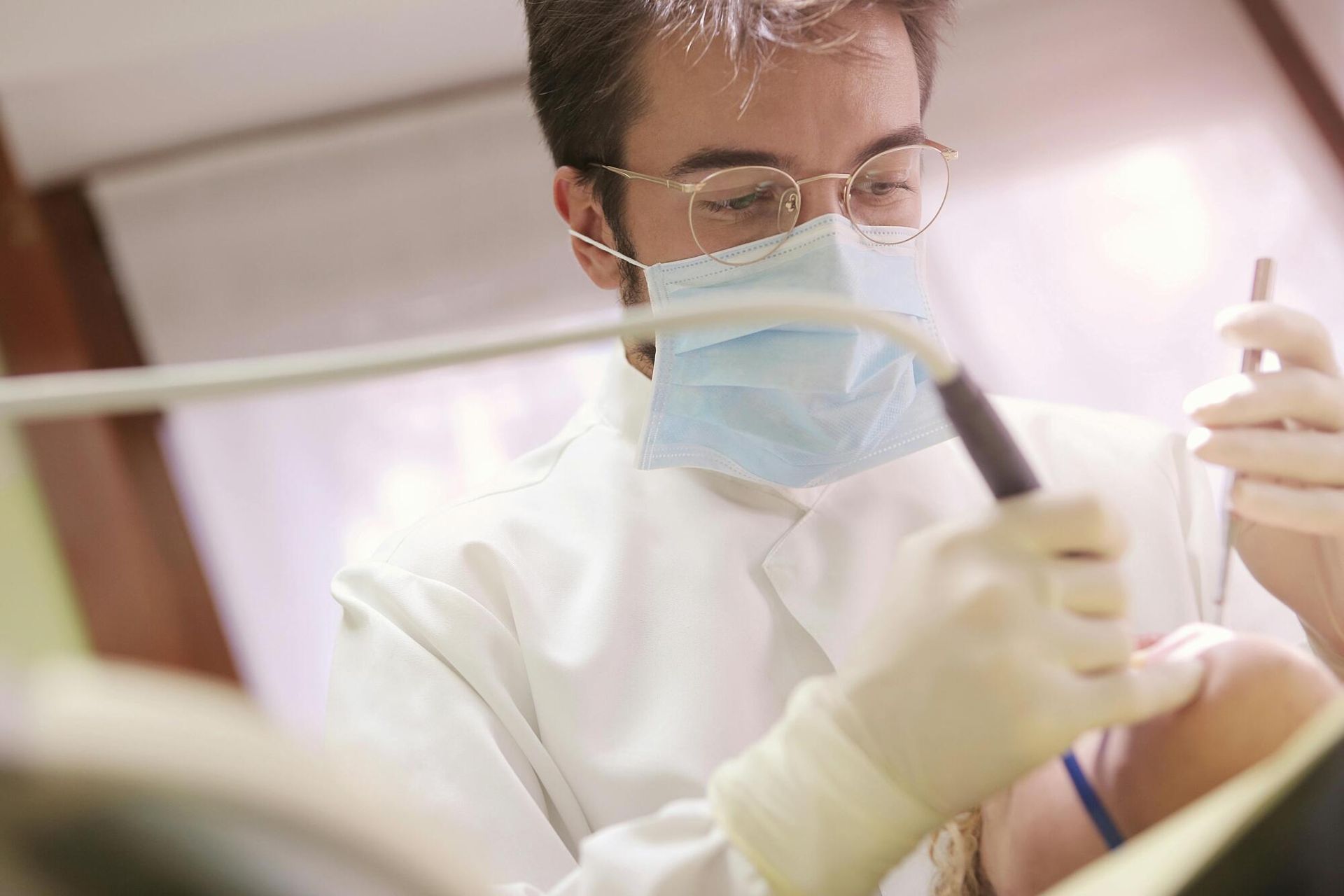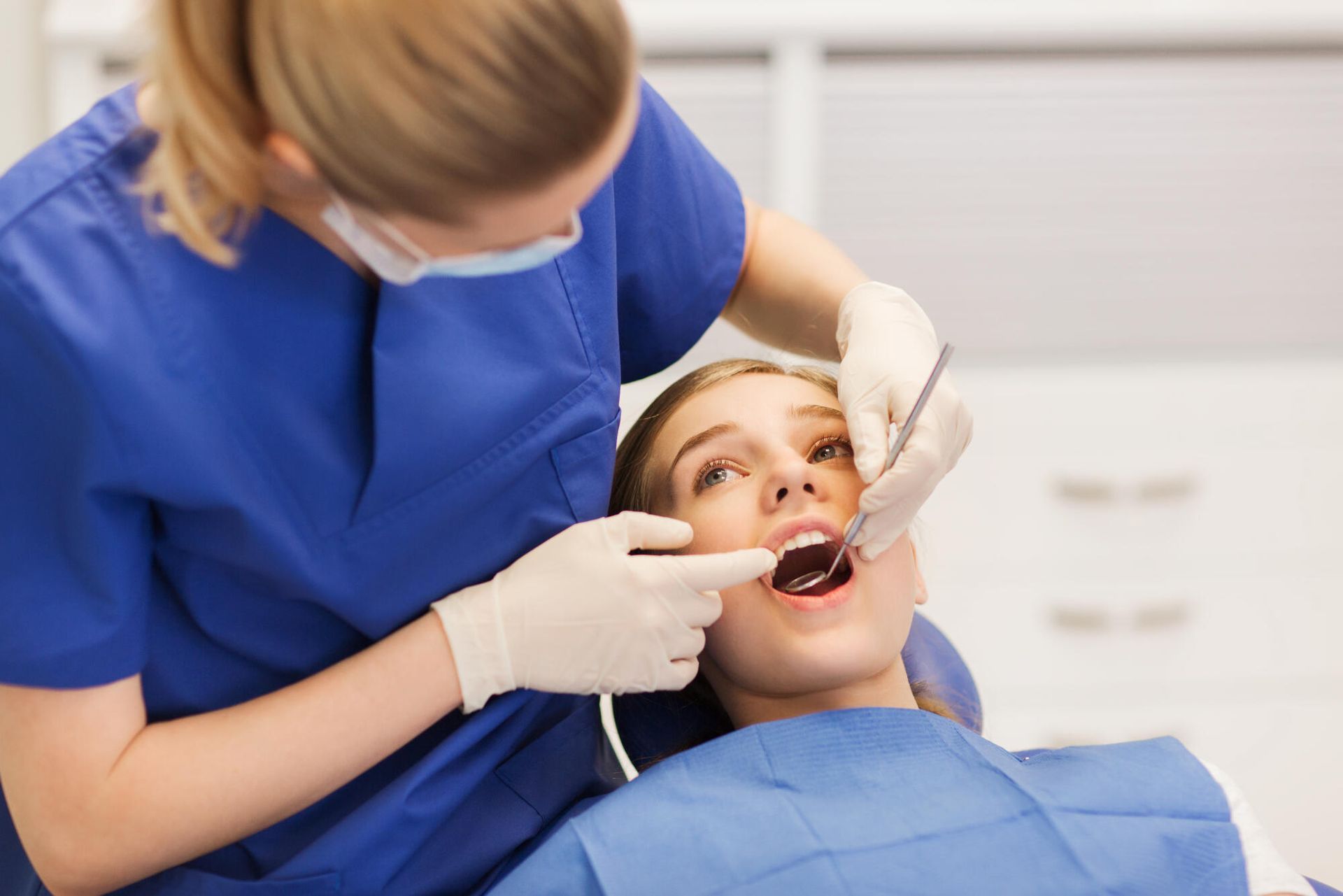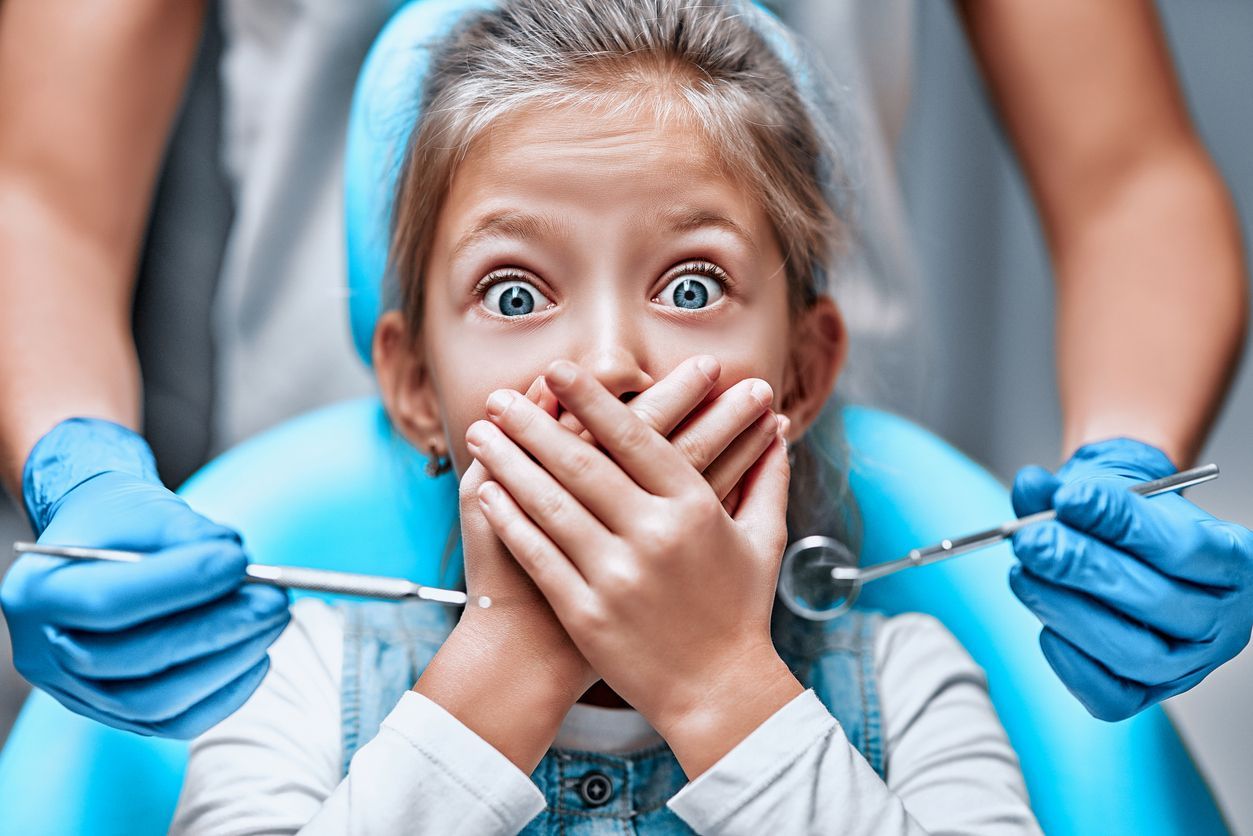New Patients Welcome
Top 10 Tips to Maintain Oral Hygiene Between Dentist Visits
The CDC recommends visiting your dentist at least once a year, even if you wear dentures or have lost teeth, to ensure your oral health stays in check.
While this may be ideal for some, how often you should go can depend on your oral health history, risk factors, and dental insurance coverage. Either way, how you care for your teeth between dentist visits matters.
So, what are the secrets to keeping your mouth healthy between visits? This guide covers essential oral hygiene instructions. Remember, your daily habits are the most important factor in your oral health, so take responsibility and start implementing these practices today.
1. Brush Twice a Day
As an individual interested in your oral health, you play a crucial role in maintaining it. One of the most basic and essential elements of your oral health routine is brushing your teeth twice daily. The American Dental Association recommends brushing twice daily with fluoride toothpaste for two minutes.
Regular brushing helps remove plaque, a sticky film of bacteria that may build up on teeth and, if not removed regularly, lead to cavities or gum disease.
A soft-bristled toothbrush is essential, as more rigid bristles can damage your gums and enamel. Fluoride toothpaste is also crucial because it strengthens your tooth enamel, making it more decay-resistant. Brushing both in the morning and before bed helps keep your mouth clean and healthy throughout the day and night.
2. Floss Once a Day
Flossing at least once a day helps remove leftover food particles between the teeth, which a typical toothbrush can't reach. If these areas are not cleaned properly, they can lead to gum disease and cavities. Here are dental care tips to help you floss effectively:
- With about 18 inches of high-quality dental floss, wrap it around the fingers.
- Gently slide the floss between the teeth, but be careful not to snap it into the gums.
- Curve the dental floss into a "C" shape around each tooth and move it up and down to clean both sides.
It is crucial to be cautious and not floss too aggressively, as this can damage your gums. Over time, regular flossing can help prevent gum disease and reduce plaque buildup between your dental visits. It can even contribute to fresher breath.
3. Use a Mouthwash
Mouthwash is a wonderfully simple yet effective way to enhance your oral hygiene routine between dental visits. It's as easy as a swish and a spit, and it can help eliminate bacteria that brushing or flossing might miss. This reduces the likelihood of bad breath, gum disease, and plaque buildup. Plus, it's great for rinsing away leftover food particles and keeping your mouth feeling fresh.
However, mouthwash shouldn't replace brushing and flossing. It's an extra step to improve your oral and overall health. Always choose an alcohol-free mouthwash, as alcohol can dry out your mouth, and make sure it contains fluoride to protect your teeth.
4. Avoid Sugary Drinks
Sugary drinks (soda and fruit juice included) can cause tooth decay. The sugar in these drinks mixes with mouth bacteria, creating acids that harm your teeth. To protect your teeth, drink sugary beverages less often, use a straw and brush your teeth afterward.
5. Avoid Acidic Foods and Drinks
Acidic foods and drinks can harm the teeth, causing tooth erosion. As WebMD reports, tooth erosion occurs when acids wear away the enamel on teeth.
Here's a list of acidic foods and drinks you should be mindful of:
- Citrus fruits like lemons, limes, and grapefruits
- Soda and carbonated beverages
- Vinegar-based foods like pickles and salad dressings
To prevent further damage, limit your intake of highly acidic foods and rinse your mouth with water after taking them. Chewing sugar-free gum can also help by stimulating saliva production, which neutralizes active acids in the mouth. Making small changes to your diet can go a long way in protecting your teeth from erosion and keeping your smile healthy.
6. Quit Smoking
Smoking harms your mouth, increasing the risk of gum disease and tooth loss. Quitting smoking improves daily dental hygiene and helps your gums heal. If quitting is hard, you can get help from a doctor or a stop-smoking program.
7. Stay Hydrated
Drinking lots of water is an easy way to keep your mouth clean. Water helps remove food and bacteria after you eat. It also helps your mouth make saliva, which keeps things balanced and clean. So, what are some innovative ways to stay hydrated besides just drinking water?
Eat water-rich fruits like watermelon, cucumbers, and oranges. Sip on herbal teas that are low in sugar and refreshing. Even better, add hydrating foods like soups and smoothies to your diet.
8. Follow a Healthy Diet
Eating a healthy diet helps keep teeth and gums strong. Foods like fruits, vegetables, and lean proteins provide the vitamins and minerals your mouth needs. A good diet also lowers the risk of gum disease and helps prevent oral issues.
9. Use a Tongue Scraper
A tongue scraper can help keep the entire mouth clean. It removes bacteria from your tongue, which can cause bad breath. Using it after brushing takes just a few seconds, leaving your mouth fresher.
10. Get a Mouthguard If You Grind Your Teeth
Grinding your teeth, known as bruxism, wears down the enamel, making your teeth sensitive and more likely to chip or crack. A mouthguard can protect the teeth from this damage. Here's how to find the right one for you:
- Get a custom-fitted mouthguard from your dentist for the best fit and protection.
- Try over-the-counter mouthguards that mold to your teeth for a more affordable option.
- Choose soft, durable materials that provide comfort while sleeping.
A mouthguard can prevent long-term damage to the teeth and jaw. It is important to address bruxism early before it leads to more serious issues like headaches or jaw pain. Always talk to your dentist if you notice signs of grinding; they are the best source of advice for the most effective solution.
Get Started With Our Expert Oral Hygiene Instructions Today
Good oral hygiene between dental visits is vital to a healthy smile. Follow these simple oral hygiene instructions to help prevent common dental issues. Remember, your oral health matters, so take care of your teeth and gums daily.
Dr. Heather Martinson and her team at Heather E. Martinson, DDS in Arlington, TX, are ready to help you achieve a vibrant smile. With over 25 years of experience in general and preventive dentistry, Dr. Martinson is known for her personalized care, ensuring each patient's unique needs are met with proven treatments. You are not just another patient but an exceptional individual whose oral health is our top priority.
Discover the difference that
expert dental care can make.
817-435-4634
All Rights Reserved | Heather E. Martinson, DDS
Website designed and maintained by Xpress, INC
